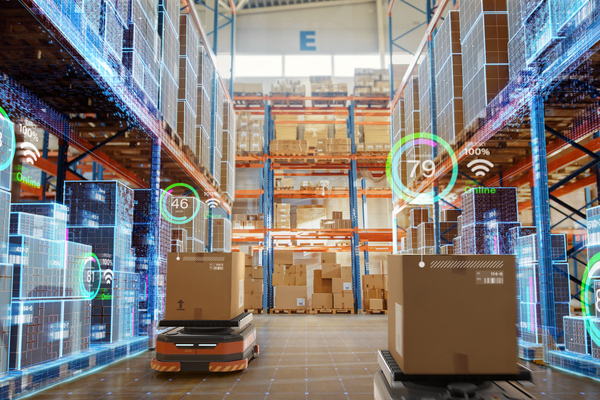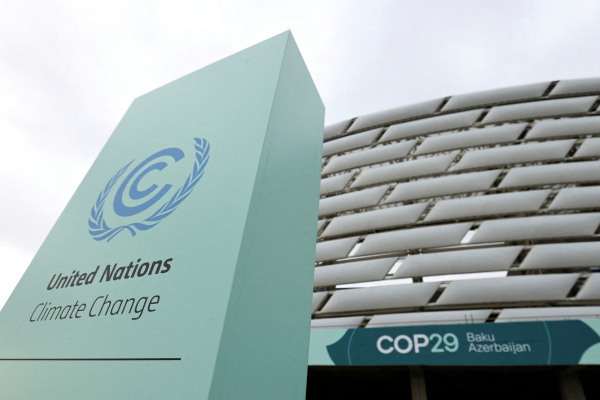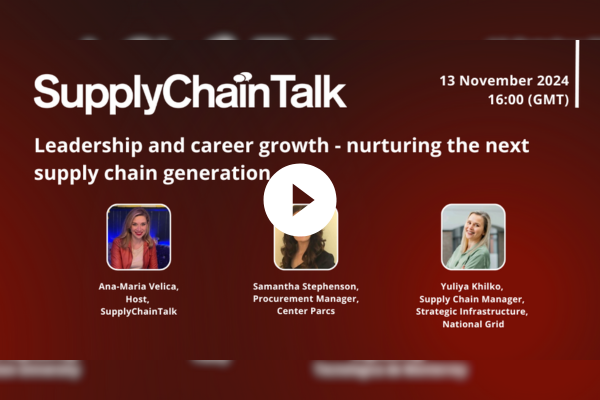SupplyChainTalk: Putting your sustainability initiatives into practice
On 31 January 2024, Supply Chain Talk host Alastair Charatanwas joined by Elisha Herrmann, Worldwide Cross Industry Solution Manager, Amazon Web Services; Alex Hislop, Chief Customer Officer, DHL Supply Chain; and Bex Hall, Head of Consulting, Sedex.
Views on news
In partnership with its supplier Dunbia, Co-op outlines plans to rapidly decarbonise its supply chain in a new ‘Beef Sustainability Pilot’, which will see farmers rewarded for reducing their impact on the environment. Beef production’s carbon emissions are about ten times higher than poultry. Cooperation with farmers means that Co-op can use the methane captured on farms as a source of fuel. This co-operation reflects all the important elements of a sustainability programme – the choice of a high-impact activity, collaboration and partnerships. This example also shows that sustainability investments must be made even if they impact RoI negatively in the short term.
Paving the way for a successful sustainability programme
SP65 and SP63 in the US requiring businesses to report their Scope 3 emissions until 2025. Data IS available, it just needs to be cleaned and integrated. In addition to close corporation with partners, it’s also key to keep employees’ knowledge of sustainability matters at a high level – explaining to them what science-based targets and auditable trails are – until they become go-green specialist who can explain sustainability issues to customers or their colleagues.
Sustainability must be perceived as a practice that is integrated into every aspect of a company. The language used for measuring the various areas of sustainability must be meaningful for everyone involved. Whenever an investment is made, the question must be asked whether the solution chosen is the most sustainable one on the market. Is it a good idea to source from China when it can be done much closer to where the business operates?
First, you need to take a look at the inputs and processes. i.e. what percentage of the company’s supply chain is covered by the due diligence programme. Then outcomes regarding how scope 1-3 emissions have been impacted must be assessed. A company’s attitude to due diligence and whether they are happy to take only a few measures or go for a certification depends on its risk appetite. In large enterprises, the success of a sustainability programme depends to a large extent on company culture – whether the ideas of employees get incorporated into the strategy, as well as other aspects of employee engagement. Giving incentives to colleagues who work on initiatives beyond their core role and gamification can go a long way in terms of embedding sustainability thinking into the company culture. It’s also a great idea to offer sustainability training programmes designed for a business’s workforce to suppliers too. Sustainability projects in different subcategories, such as electrification and increasing the diversity of boards, can run at the same time. Employee engagement can be enhanced by translating sustainability into the context of specific teams or individual roles and then adjusting general sustainability KPIs into that particular context.
The panel’s advice
- Cost and time is still the main focus of a business and sustainability remains very often only an afterthought.
- Sustainability is often seen as a cost centre, but it’s also possible for sustainability to generate new revenue streams.
- Get a good understanding of your business to set a baseline and establish your KPIs based on that.
Create a culture conductive to psychological safety to accelerate the uptake of sustainability ideas and practices. - A robust corporate sustainability programme can help attract the right talent too.
- Don’t deign or execute a sustainability programme in isolation. There is a huge reservoir of resources available for educating staff about sustainability.

Business Reporter Team
Most Viewed
Winston House, 3rd Floor, Units 306-309, 2-4 Dollis Park, London, N3 1HF
23-29 Hendon Lane, London, N3 1RT
020 8349 4363
© 2024, Lyonsdown Limited. Business Reporter® is a registered trademark of Lyonsdown Ltd. VAT registration number: 830519543





